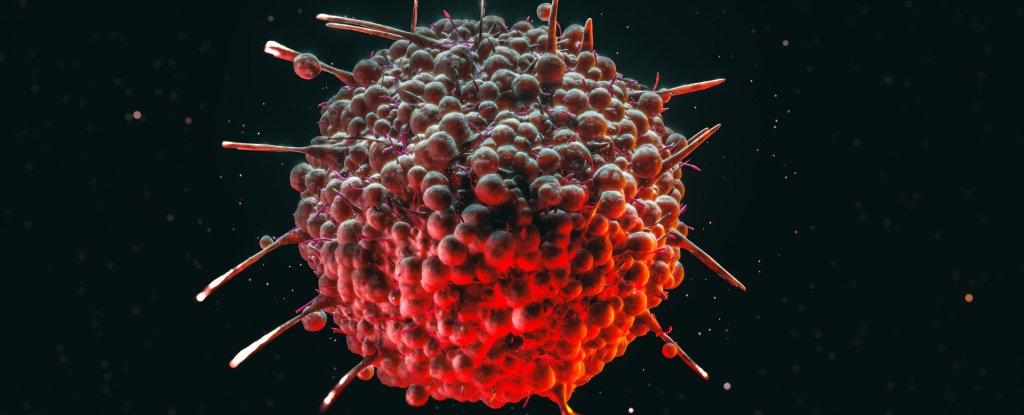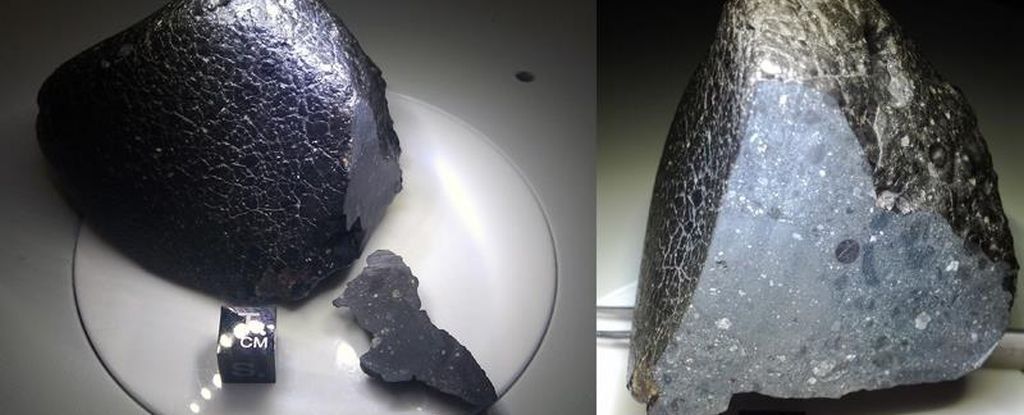ARTICLE AD
The Food and Drug Administration has just approved a medical device that wouldn’t look out of place in the latest Star Trek installment. On Thursday, the FDA cleared Cresilon Inc’s Traumagel as an emergency treatment to control moderate to severe bleeding. The gel is expected to reach shelves later this year.
The product uses a proprietary algae-derived hydrogel technology developed by the Brooklyn-based company. This is the second gel-based treatment successfully pushed through by Cresilon, following the FDA’s clearance of its Hemostatic Gel in June 2023. While that gel was cleared to patch up small nicks and cuts, Traumagel is intended to mend bleeding from much more serious injuries like gunshot wounds, stabbings, and car crashes.
The FDA cleared Traumagel based on preclinical data showing that it performed similarly to standard wound care treatments in use today. However, the company argues that their product has several advantages over existing interventions, such as taking only seconds to start working. The gel is also purportedly easy to deploy, with a pre-filled syringe that requires no added pressure on the wound, and can be used to treat all types of bleeding.
“The ability to rapidly stop bleeding at the point of care and halt a life-threatening hemorrhage can be the difference between life and death for people with traumatic wounds,” said Cresilon CEO, co-founder, and inventor Joe Landolina in a statement from the company. “The FDA clearance for Traumagel is a monumental milestone for Cresilon and brings us another step forward in our mission to save lives and transform the standard of care in wound treatment. Our proprietary hemostatic gel technology is a game-changer and unlike any other hemostatic agent currently being used.”
The company expects to start launching the gel in late 2024 and will market its product to the U.S. military, government health agencies, emergency medical services systems, and other medical professionals who regularly treat trauma patients. The company is also researching and developing a new product in conjunction with the U.S. Defense Department as a potential field and prehospital treatment to help manage life-threatening brain hemorrhages and traumatic brain injuries. According to the company, early results have been promising.
Scientists elsewhere have been working on their own gel-based technologies intended to improve medical care. Researchers have developed bandages infused with gel to speed up healing, for instance, while others are using gels as a form of male birth control or help treat conditions like Parkinson’s disease or back pain.

 3 months ago
32
3 months ago
32 

